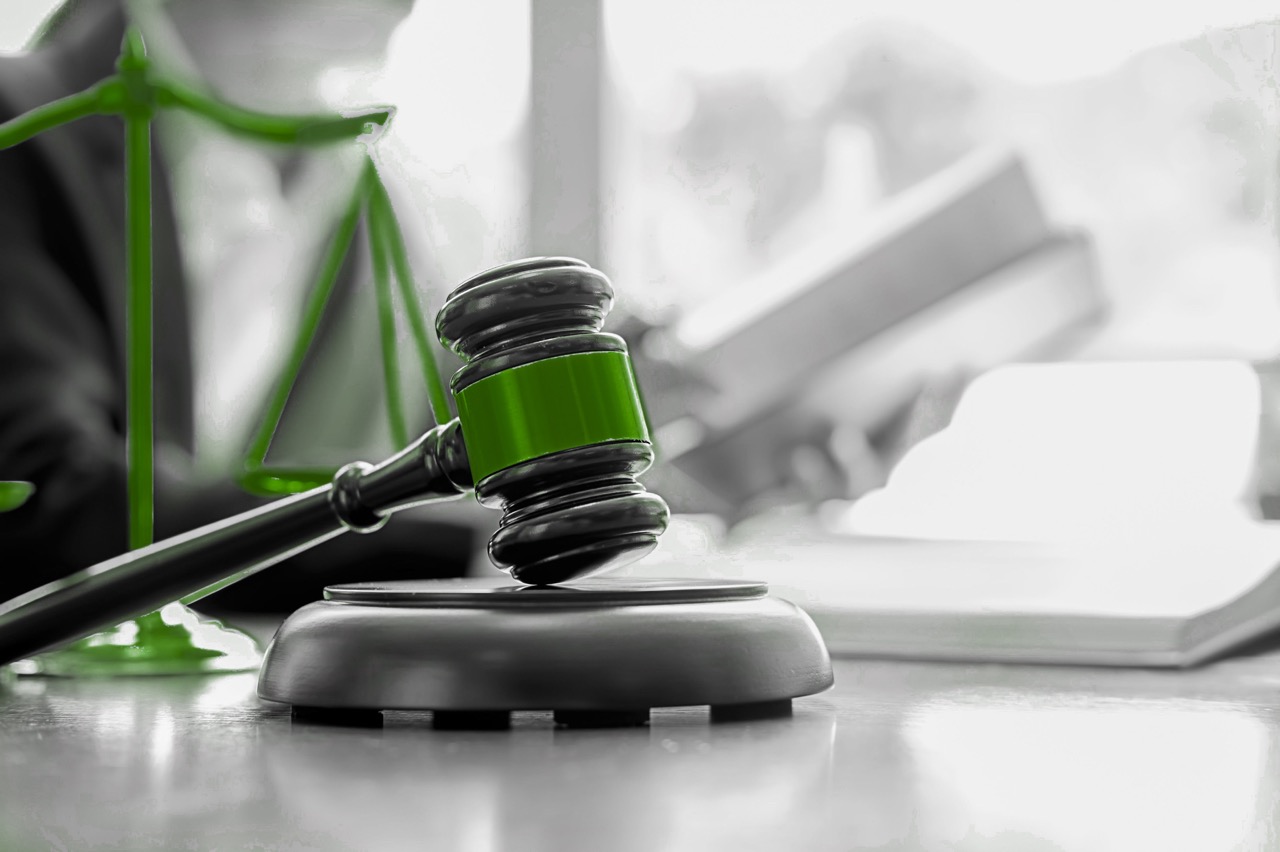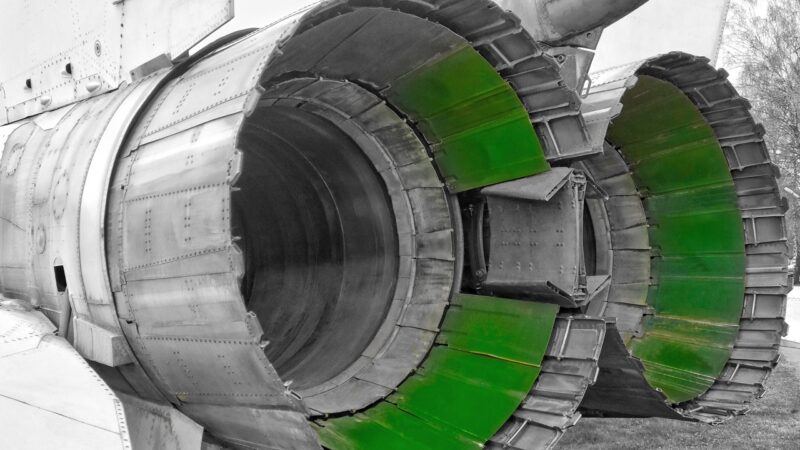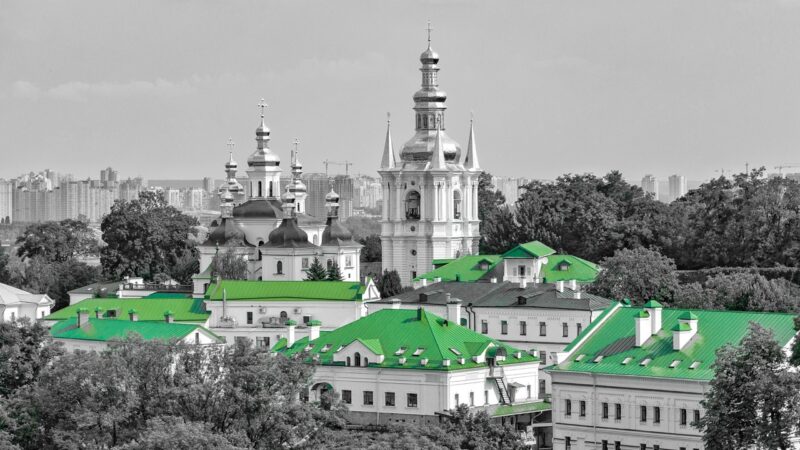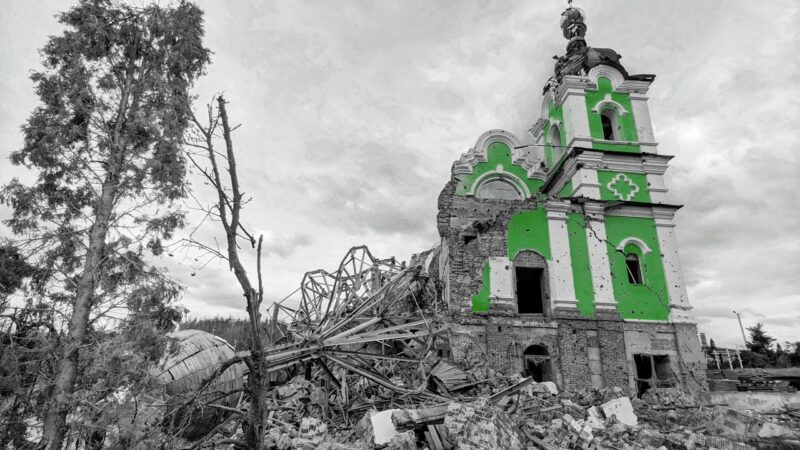Unprecedented dilemmas: Ukrainian judges during Russia’s invasion of Ukraine

It is no surprise that neither the Ukrainian population nor the state were fully prepared for a war on such a scale. Wars the like of what is happening in Ukraine haven’t occurred in Europe since WW II. As a result, neither the law nor state institutions were ready to deal with the new challenges that Russia’s full-scale invasion brought with itself. This is particularly true for the judicial system, which has had to adapt on the go and has faced unprecedented dilemmas. Sometimes urgent answers have been required from judges, and if resolved poorly, death or serious harm could result for them or others.
Along with my colleagues from the Ukrainian Center for Law and Crime Research I recently conducted a study with Ukrainian judges. Among other topics, we asked our respondents about the impact of the war on their work. These impacts are substantial, ranging from difficulties caused by Russia’s attacks on infrastructure and to new, hastily passed legislation in Ukraine that has proved to be problematic. In this essay I shall elaborate on the specific issue of evacuation of judges from occupied cities. For a more extensive description of the war’s impact on the judiciary in Ukraine, please see the complete report on our study.
Evacuation from the war zone
When Russia launched its full-scale attack on Ukraine on 24 February 2022, Ukrainian judges simply did not know what to do. As some of our respondents emphasized, there were no clearly communicated instructions from the state on steps that courts and judges had to follow if Russian troops approached their city. As a result, the safety of both the staff and judges themselves was substantially compromised.
Indeed, the Supreme Court of Ukraine published its Recommendations to the courts of original and appellate jurisdictions only on 13 March, seventeen days after the launch of the full-scale invasion. Given the nature of the invasion, the recommendations were hardly published in a timely manner, as most of the invader’s successes on the battlefield had already occurred. Kherson, the only oblast capital that Russia managed to capture, was occupied on 2 March, eleven days prior to the recommendations; Mariupol, while not captured, was surrounded on the same day.
The judges whom we interviewed told us that they did not understand when to evacuate, claiming that it was not communicated to them by the state. Given their position, they could not simply leave, as they feared possible criminal prosecution and had responsibilities to fulfill. At the same time, staying was particularly dangerous for any and all representatives of Ukrainian authorities. Indeed, the Russian invaders specifically searched for and targeted Ukrainian judges as representatives of the Ukrainian state. As we now know, some judges were shot on the spot by occupiers as soon as they were revealed to be members of the Ukrainian judiciary. Others were captured and to this day remain prisoners of the occupying forces. The fate of some other Ukrainian judges from the occupied territories remains unknown.
The lack of instructions forced judges to make their own decisions on when to leave, based on the limited information they had. As one judge told us (names are changed to protect the identities of respondents):
I continued to work while I was still able […]. When news started to spread that the occupiers had entered the courts and were burning [case files], then I understood that […] I had to leave. In addition, at that time we had already lost the Internet connection and we could no longer upload cases to the Ukrainian registry. There was no point to stay anymore, so I decided to leave.
I left by bus. At the checkpoints, people [Russian occupiers] would enter and ask if there are any judges or prosecutors inside. As soon as they recognized someone as a judge or prosecutor, they would take those people off the bus. (Mariia)
Some judges had worked previously on cases that involved collaborators. As soon as Russian troops entered the city, people who were previously found guilty of collaborating with the invaders looked for the judges and prosecutors who had put them behind the bars. The question of evacuation was particularly acute for those representatives of the judiciary who had worked on such cases.
Archives and infrastructure: “The state was not prepared for what happened”
Judges whom we interviewed emphasized that the court archives were full of sensitive information that could be used by the occupiers to harm people, as well as information that constituted a state secret and therefore required handling with particular care. It wasn’t clear to representatives of the Ukrainian judiciary what should be done with those archives, and who was responsible for evacuating or destroying them.
Even after the recommendations were published, they didn’t solve all the issues. As we reported in our study, one of the largest challenges for Ukrainian courts that were located in cities under the threat of occupation was infrastructural. As the judges told us, even when proper decisions were made about evacuation, it wasn’t clear how they could implement them in practice. For example, there simply weren’t enough vehicles to evacuate archives with sensitive information. And even when courts possessed some vehicles, they were generally intended for personal transit, not transporting tons of archive cargo.
One judge commented:
The state was not prepared for what happened. If we’re talking about evacuation, then we [the judicial community] think that it would have been right if specific agencies and people had been identified in advance as being responsible for certain concrete steps during the evacuation. I mean, mostly it was not even a question of evacuating judges but rather, what makes people sweat the most—their court cases. As for the judges themselves, it wasn’t clear what they should do if they needed to flee. And it also wasn’t clear what to do with the court cases: who should take them, where to take them, which vehicle to use… (Danylo)
In practice, large court archives were often evacuated by personal transport that wasn’t fit for the job. Judges themselves often left in any way they could, making their own complicated decisions about when and how to leave. The price of a wrong decision was high: wrong timing in particular could result in imprisonment, torture, and even death for judges or people whose information from the archives was revealed to the occupiers.
In lieu of a conclusion
War is often seen first and foremost through the destruction that is caused by the immediate fighting on or near the battlefield. What is often overlooked is that war brings with itself unintended consequences that can be as dramatic in their impact as all the mortars and cannons combined. Ukrainians who lost their health treatment because of broken logistics, people who could not afford to pay their rent as a result of economic instability, city dwellers who got hit by a car because of the power outages and ensuing lack of lighting on the streets—all those people could be seriously harmed or even die because of the indirect effects that the war imposes on human lives.
The story of Ukrainian judges partly falls into that category. Most of the judges in the occupied territories did not become victims of shelling. Instead, many of them suffered from a combination of forces that coalesced into multiple personal tragedies. The Russian occupation was the main driving force at play, and yet good planning, developed and well-communicated procedures, and sufficient support in place for the Ukrainian judiciary could have prevented many of the tragedies that occurred.
There is a lesson to be learned here—a lesson that hopefully can still be learned in order to avoid future unnecessary human suffering.





